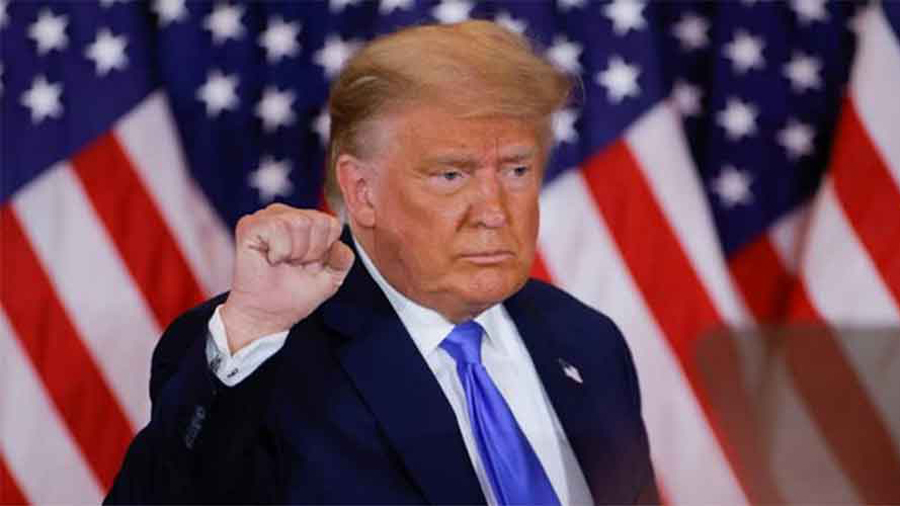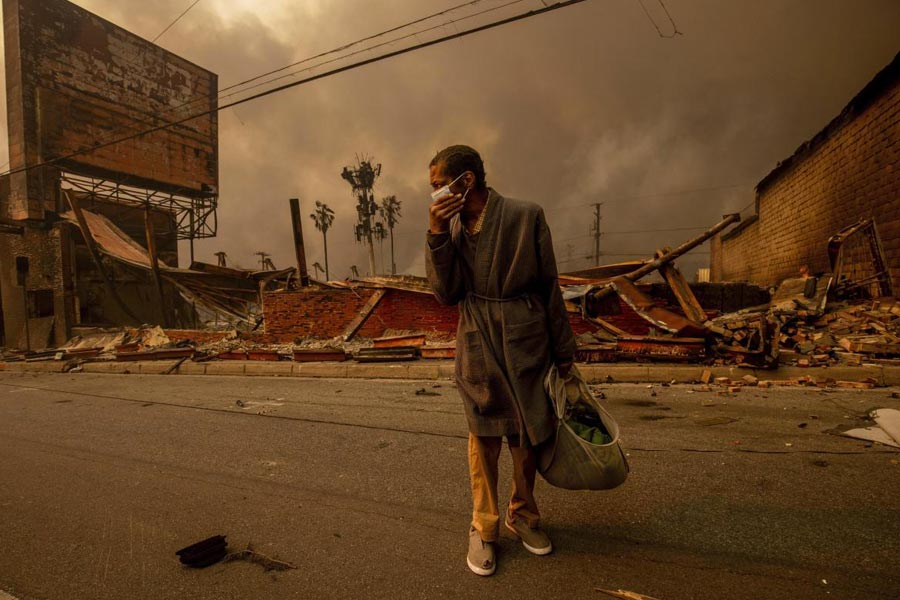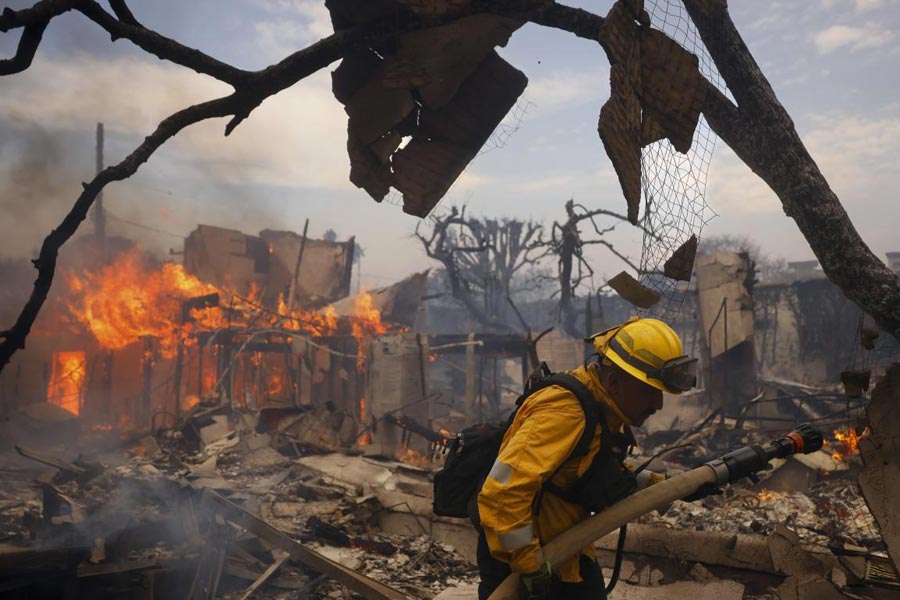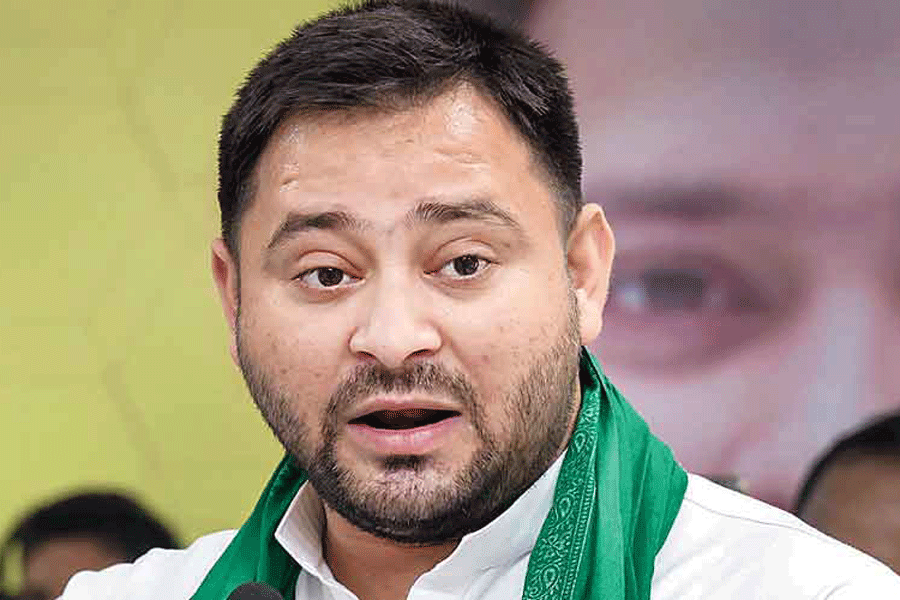Donald J. Trump, whose historically divisive presidency shook the pillars of the country’s democratic institutions, on Tuesday night declared his intention to seek the White House again in 2024, ignoring the appeals of Republicans who warn that his continued influence on the party is largely to blame for its weaker-than-expected showing in the midterm elections.
His unusually early announcement was motivated in part by a calculation that a formal candidacy may help shield him from multiple investigations into his attempts to cling to power after his 2020 defeat, which led to the deadly mob attack by his supporters on the Capitol on January 6, 2021. The decision, which came as votes were still being counted in congressional contests that will determine the balance of power in the House, confronts a frazzled and polarized nation — its social fabric already stressed by forces that the Trump era unleashed and supercharged — with a reboot of the non-stop political reality show that the Biden presidency had promised to cancel.
Trump’s haste to become a candidate again carries political risk and financial encumbrance, and some advisers had pushed for him to hold off. But he has been eager to announce a campaign since this summer, nearly did so at a rally last week on election eve and told some advisers that he was concerned another delay would signal weakness.
The twice-impeached former President’s view, according to friends and advisers, is that a formal White House bid will bolster his claims that the multiple state and federal investigations he faces are all politically motivated.
Indeed, he hopes that a candidacy could give pause to prosecutors who may be considering criminal charges, particularly in connection with the justice department’s investigation into highly sensitive documents that Trump held at his private Mar-a-Lago club in Florida, according to the friends and advisers, who insisted on anonymity to discuss private conversations.
It was at Mar-a-Lago, the scene of that possible crime, that Trump on Tuesday declared his determination to reclaim the presidency. “We will make America wealthy again,” he said as he concluded. “We will make America strong again. We will make America proud again. We will make America safe again. We will make America glorious again. And we will make America great again.”
In his rambling hour-long address, Trump gave an exaggerated picture of his accomplishments before announcing his candidacy. He quickly fell back into his typical rally fare, full of false statements, inflammatory discussion of immigration and crime, and nods to Right-wing culture-war issues.
Notably, he did not dwell on his 2020 election loss, though he called for an elimination of all early voting, absentee voting and electronic voting machines. “Only paper ballots,” he said. And he repeatedly expressed grievance over the ongoing investigations into him and his family.
Even though his dominance of Republican politics has led to three disappointing elections in a row for the party, he immediately claims the mantle of the Republican front-runner, thanks to a devoted, core following of millions of supporters. One reason for his haste was to blunt the momentum gathering behind governor Ron DeSantis of Florida, whose runaway re-election victory last week astonished many inside the party.











